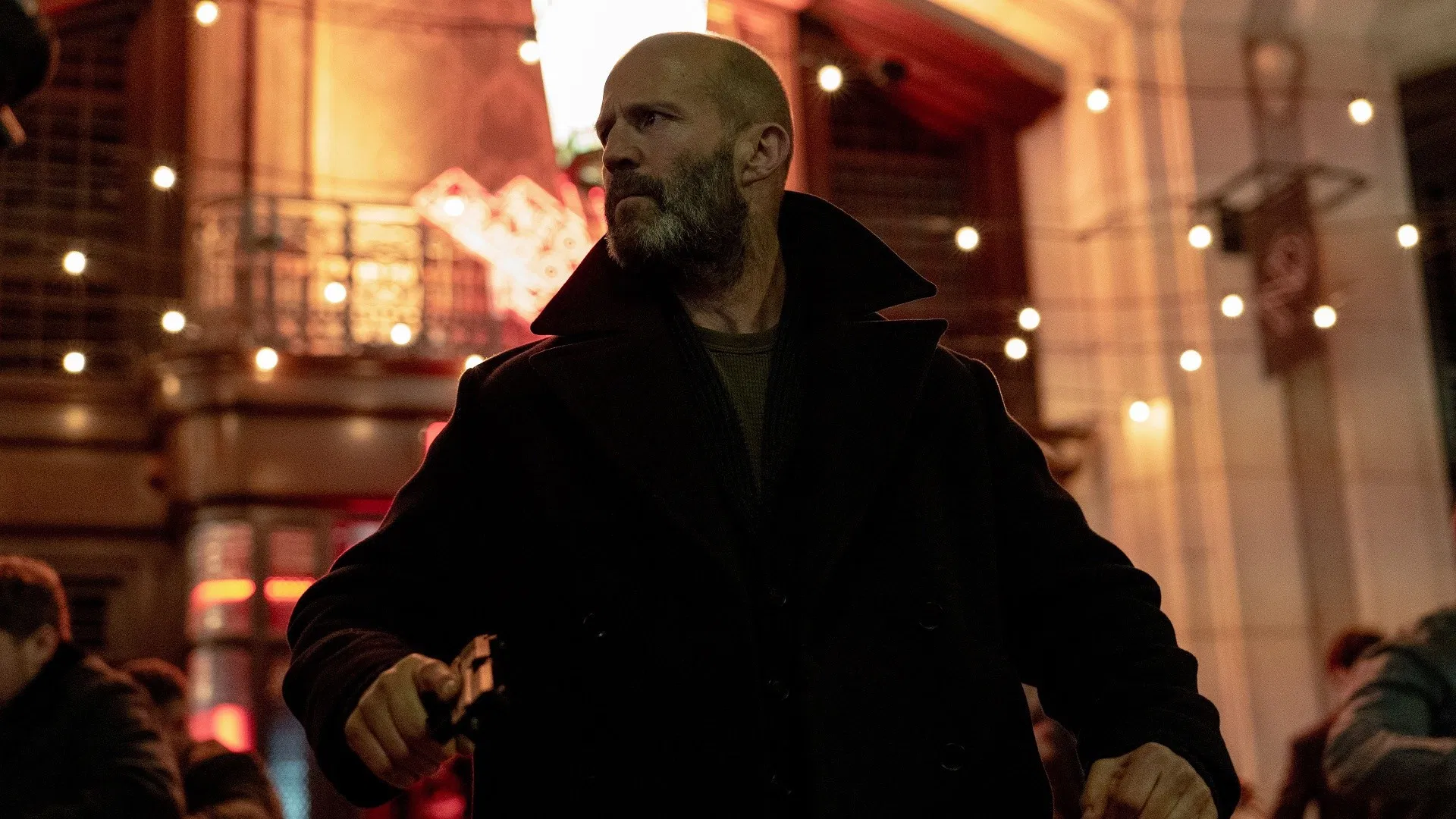‘Plan 75’ REVIEW: A Slow, Tender Burn
‘Plan 75’ REVIEW: A Slow, Tender Burn
There’s something to be said about the consistently slow and tender nature of Japanese dramas. It’s a method of filmmaking that varies in impact, depending on factors such as dialogue, acting performance, and story pacing. With Plan 75, we see a promising concept exploring real-world truths be dealt a curious blow in the form of state-sponsored euthanasia. It’s a method that echoes cultural realities present in Japan, and the film examines a reality in which the elderly are allowed the right to die. Plan 75 overarching strategy works to a degree that understands the cultural and personal importance of death to its audience, but struggles much in the way of balancing its characters together.
The film starts with a literal bang. It’s an introduction that defines quite well the malaise that plagues the Japanese soul. It is a depressing cessation of national pride and patriotism whose victory and triumph are defined by one’s personal state of life. To die is an honorable act, they say, and as Plan 75 summarizes, “humans can't choose their birth, but it's a good idea to choose your death.” Seeping within this film’s introduction is a picture of individualism that is largely inconsiderate of more selfless Japanese values. It’s a personal criticism which the film’s main characters, Mishi, Hiromu, and Maria, involve themselves in.
Plan 75’s central tenets of the importance of death are focused in a way that questions each characters’ intentions, leaving us with a film whose reverence for death and the act of burial varies in quality. Chieko Baishô’s portrayal of the 78-year old Mishi is perhaps the most understood of the three as she struggles in her age and faces personal turmoil in deciding what to do with the program. It’s a performance that feels most visibly clear and evocative compared to Hiromu and Maria. With the latter, Stefanie Arianna portrays the Filipino nurse with an air of ambivalence that elevates and confuses her relevance in the film’s ethos. It’s an angle that acknowledges the intertwined nature of two oppressed demographics in the film, but it struggles to balance with the story’s other characters, most especially Hiromu. While not much terrible can be said about Hayato Isomura’s performance as the Plan 75 program salesman, his story and Maria’s story struggle initially in getting off the ground, especially with how the film juggles theirs and Mishi’s stories while attempting to keep the audience engaged. Considering the film trudges along at a pace that is slow and gentle, it’s bizarre to think that the film struggles in balancing three stories (four if you count the brief insertion of Mishi’s Plan 75 assistant who has her own plotline in the film) with the narrative it is given.
But even with that brief struggle in the narrative, Plan 75’s heart is there, albeit in a tender and slow burn. Where the film is irksome in its tightrope act of detailing multiple narratives together, its macro-examination of Japan’s modern perspective on the dead, seeing them as disposable instead of valuable, is at the very least clear. Even if one finds difficulty in the film’s individual plotlines, Plan 75 snakes around these at least with frames and shots that outline the loss of personal grief and humanity that come with the titular program. It’s an effective aspect of the film that makes marginal strides in detailing the more harrowing and cynical mindset of the story. But much still has to be said about how slow it all drags on, despite its rather peaceful and optimistic ending.
‘Plan 75’ recently concluded its run in QCinema 2022 as part of the Asian Next Wave competition.
ADDENDUM: ‘Plan 75’ will be shown in select Philippine cinemas on December 7.















